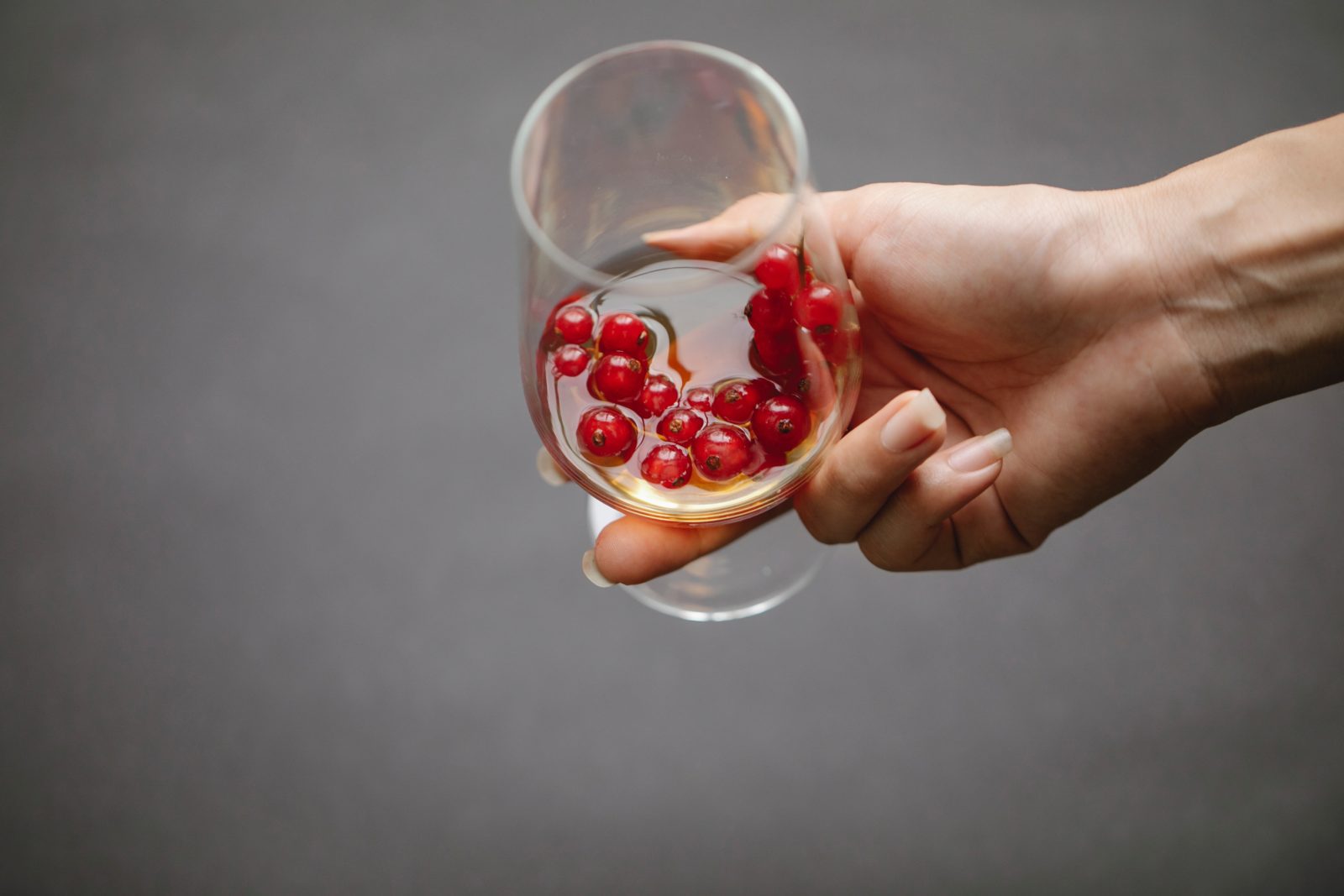In a recent analysis by the PAQ Research agency, it has been highlighted that alcohol consumption in the Czech Republic is the highest among all European Union countries. The negative impacts of this consumption extend to the health, social system, and economic productivity, amounting to tens of billions. Surprisingly, alcohol taxation in the country remains below the EU and OECD average.
To address this issue, experts have proposed an increase in alcohol excise tax based on the alcohol content of beverages such as beer and wine. This proposal could enable the government to collect an additional 12 to 17 billion Czech korunas annually. The revenue generated from this tax increase could be utilized to, for example, reduce the taxation on low-income workers.
While hard liquor is currently taxed at comparable levels to other EU countries, the taxation on alcohol in beer is approximately four times lower. Wine, except sparkling wine, is not taxed at all. Experts argue that these discrepancies should be rectified by eliminating the exemption on wine and increasing the taxation on beer, which has remained unchanged for the past twelve years.
The suggested adjustment in beer taxation would be based on the alcohol content per volume. For instance, a ten-degree beer with four percent alcohol would be subject to an excise tax of 11.20 Czech korunas per liter, compared to the current rate of 3.20 Czech korunas per liter. Similarly, the excise tax on a half-liter of beer would increase by four korunas. The proposal also considers smaller breweries by suggesting a lower excise tax rate.
Regarding wine and other fermented beverages, the experts recommend setting the excise tax at 26.60 Czech korunas per liter for drinks with alcohol content up to 8.5 percent and 35.50 Czech korunas per liter for beverages with higher alcohol content. The proposal also includes a lower excise tax rate for smaller winemakers and cider producers.
Introducing these changes aims to reduce the societal costs of excessive alcohol consumption. PAQ Research experts believe that alcohol taxation and the implementation of a minimum unit price can be effective measures to curtail harmful drinking habits. The discussion surrounding these proposals also includes advertising regulation, strict age verification, limitations on alcohol sales hours, and psychological support for those in need.
The potential benefits of implementing these measures are significant. They would not only improve public health but also contribute to the overall well-being of society. The government’s upcoming adjustment to alcohol taxes, as part of its consolidation package, presents an opportunity to address these issues and work towards a healthier and more prosperous future.





